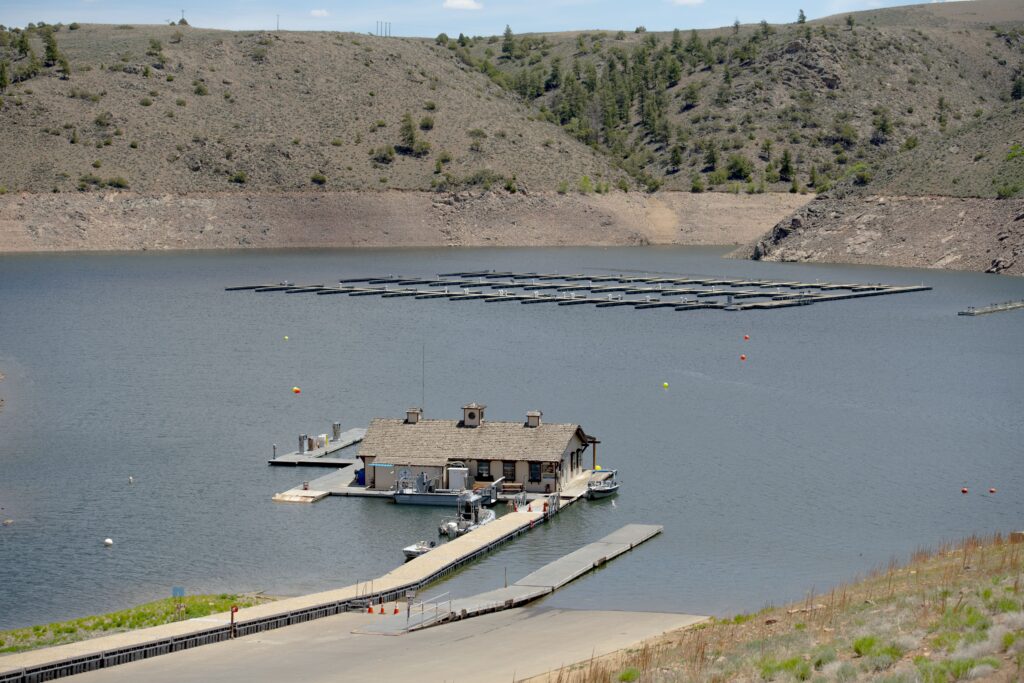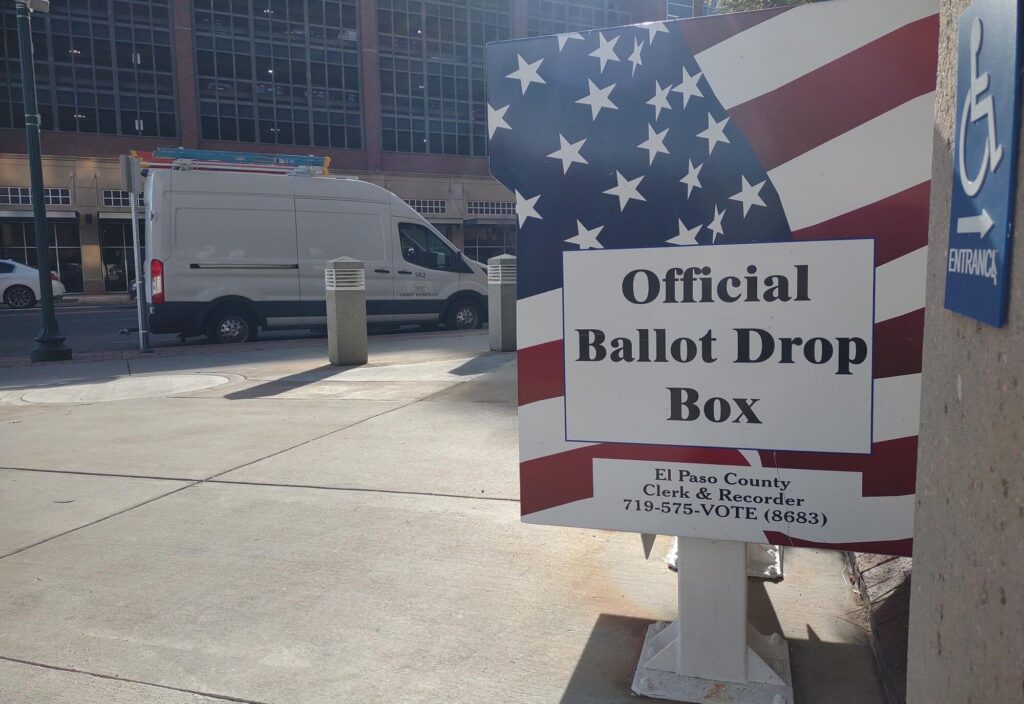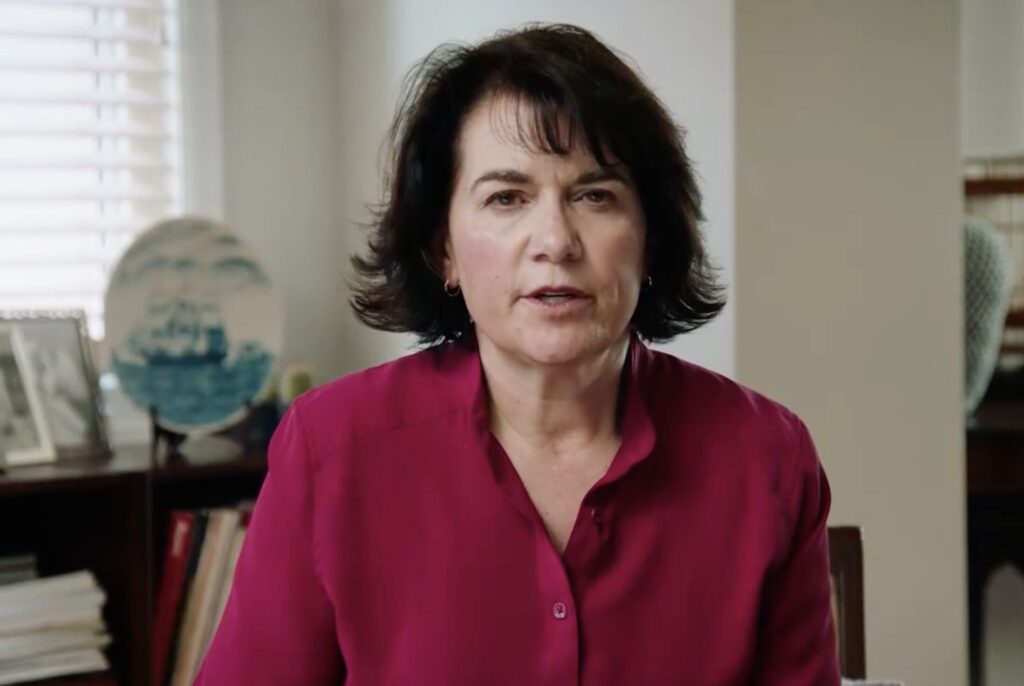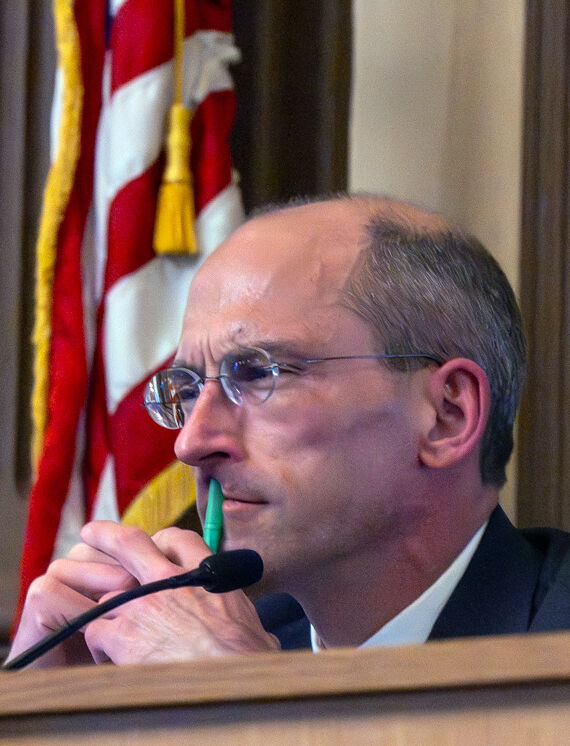? Enviros to Clinton: Hickenlooper unfit for interior secretary

Eleven environmental groups are out to get Gov. John Hickenlooper, or at least to keep him from getting a hypothetical high-level cabinet position in a Hillary Clinton White House. Colorado Gov. John Hickenlooper‘s actions regarding oil and natural gas development make him unfit to serve as interior secretary, said environmental groups opposing his possible appointment to secretary of the interior, a position held a few times in the past by Colorado politicians, most recently by former U.S. Sen. Ken Salazar.
The groups, including at least three based in Colorado, sent an Oct. 15 letter to Democratic presidential candidate Hillary Clinton that asked her to appoint a proven climate champion as secretary of the interior, should she win the White House. The letter said the groups feel Hickenlooper, seen as an advocate of oil and gas drilling and rumored pick for the position, does not meet that criteria.
“At the Department of [the] Interior and all levels of administration, we need leaders who will champion the protection of human health and the environment. Gov. Hickenlooper is not that person,” the letter reads.
Letter signees are Greenpeace USA, Climate Hawks Vote, 350.org, Rainforest Action Network, Oil Change International, Environmental Action, WildEarth Guardians, Friends of the Earth Action, Colorado Rising, 350 Colorado and Frack Free Colorado.
Hickenlooper’s possible appointment to the position by Clinton surfaced earlier this election season, after he was vetted by campaign officials as a possible vice presidential running mate. Hickenlooper said then that he was not interested in the interior secretary’s position, and his spokeswoman, Kathy Green, reiterated that position to The Colorado Statesman after the environmental groups’ letter was released.
“The governor has said he already has the best job in the country, and this hasn’t changed,” Green wrote in an email.
Actions don’t appease enviros
The groups called Hickenlooper, who worked as a geologist in Colorado for Buckhorn Petroleum in the early 1980s, an advocate for fracking who touted the practice in his memoir.
In 2013, Hickenlooper testified that he drank fracking fluid, something industry supporters have also claimed to have done. In 2014, Hickenlooper negotiated a compromise that kept four oil-and-gas-related measures off the ballot in exchange for an 18-member task force to study fracking in Colorado and present recommendations to the state Legislature. Those recommendations fell short of what environmentalists felt were needed and led to the unsuccessful efforts to place two anti-oil and gas measures on the 2016 ballot.
In 2015, Hickenlooper released a state climate action plan that environmentalists disparaged. And this year, at the Democratic National Convention in July, fracking protesters shouted him down at a Politico event and confronted him onstage. In August, a draft climate change executive order from Hickenlooper was revealed. To date, he has not acted on the order.
“Unfortunately, Gov. Hickenlooper has proven that he cares more about his relationships with the fossil fuel industry and their profits than he does about the health and safety of his constituents,” Micah Parkin, executive director of 350 Colorado, said in a statement released with the letter to Clinton. “When local cities and towns passed local initiatives to place bans or moratoria on fracking, Gov. Hickenlooper’s administration sued them. We need leaders at the state and national level who put the best interests of people first, not corporations or their own careers.”
Former Hickenlooper staffer says they’ve got it all wrong
But Tracee Bentley, executive director of the American Petroleum Institute’s Colorado Petroleum Council and former legislative director for Hickenlooper said these environmental advocacy organizations simply do not have a clear picture of the man they are criticizing.
“It is unfortunate that fringe environmental groups who largely do not work in Colorado, have decided to weigh in on a governor they simply do not know,” Bentley told The Colorado Statesman. “While I do not always agree with some of his decisions, he works diligently to bring all stakeholders to the table to try and find the best policy for Colorado and he has been successful in many cases. I think the more mainstream environmental community here in Colorado would agree.”
Appointment ‘crucial to protect climate’
In their letter to Clinton, the environmental groups wrote that the interior secretary is uniquely positioned to combat climate change and coordinate federal support for renewable energy. In addition to managing coal leasing, oil and gas drilling, national park conservation, and renewable energy initiatives, the position is also tasked with working with tribal and native communities.
“Because we must protect communities and the climate by keeping at least 80 percent of the world’s proven fossil fuels in the ground, the appointment of secretary of interior is critical,” the letter continued. “The secretary of interior will have a crucial role in moving the federal leasing program in-line with our broader national climate goals, recognizing that state and regional Bureau of Land Management offices cannot remain unchecked.”
“The governor consistently puts the public interest behind the profits of big business, meaning he can’t be trusted to uphold the legacy of our national parks, protect our nation’s fish and wildlife, safeguard American public lands, and ensure our rivers have a right to their water,” said WildEarth Guardians Climate and Energy Campaign Director Tim Ream.
Dan Haley, president and CEO of the Colorado Oil and Gas Association disagrees with Ream’s assessment.
“It would be short-sighted for anyone to preclude Governor Hickenlooper from a cabinet position merely because he works to bring Coloradans together to solve issues,” Haley told The Statesman. “While we haven’t always been happy with the direction of the governor’s office and, in fact, have often found ourselves clashing during the 10 major rulemakings our industry has undergone the past five years, we have always found Governor Hickenlooper willing to listen, work out compromises and find real solutions for working families in Colorado. If those aren’t the qualities these so-called environmentalists are looking for in a Cabinet position, then it is hard for us to understand their opposition. I think these groups do a great disservice to their movement by trying to silence voices like the governor’s.”
Clinton rallied with former Vice President Al Gore earlier this month in Florida, highlighting climate change as a top priority for a Clinton White House. The issue, which President Obama has called the greatest threat future generations face, has received little attention in the presidential debates.
The groups said Republican presidential candidate Donald Trump has called global warming a hoax invented by the Chinese and has promised to cancel the Paris agreement. The groups added Trump has also appointed several fossil fuel lobbyists and executives, as well as known climate deniers, to his energy advising team, such as Continental Resources CEO Harold Hamm and Competitive Enterprise Institute’s Myron Ebell.
“Secretary Clinton speaks with great ambition on the campaign trail about her plan to combat climate change and initiate a just transition to an America powered by renewable energy, while Donald Trump continues to deny science and insult most of America,” said Greenpeace USA Executive Director Annie Leonard. “Clinton must appoint a climate champion in her administration to make those campaign promises a reality. America needs an interior secretary who will advocate for the future of its communities, not the interests of an industry that is largely responsible for the climate crisis we face.”
Clinton’s climate plan includes an up to 30 percent reduction in greenhouse gas emissions from 2005 levels by 2025, a detailed plan to enforce environmental justice, infrastructure development for renewable energy projects and systems, regulation of methane emissions, defense of the Clean Power Plan, establishment of a Renewable Fuel Standard, and federal investments in clean energy, the groups added.












